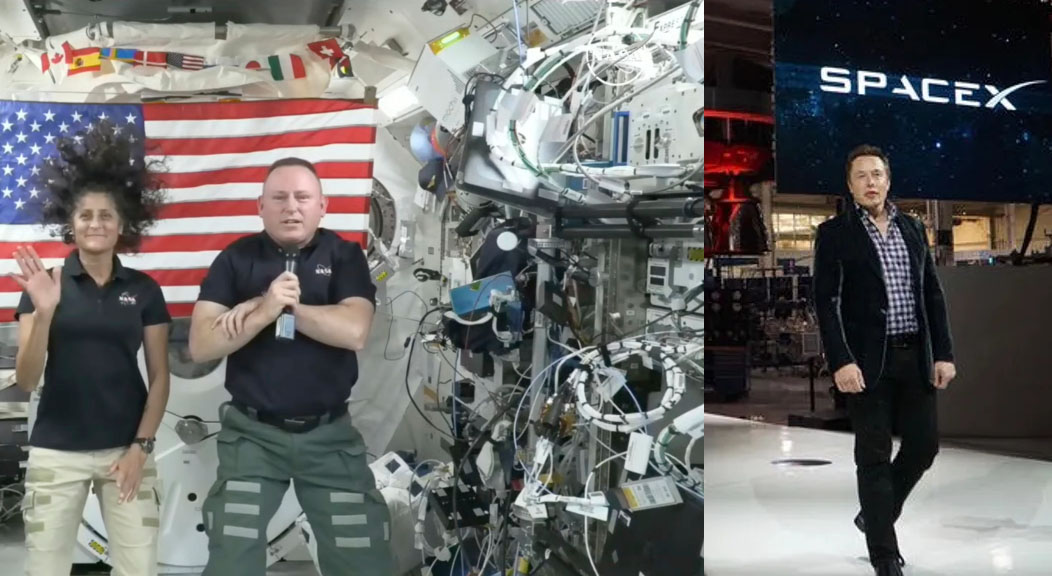
Photo Credit: Getty Images
NASA has announced that SpaceX will rescue two astronauts stranded on the International Space Station (ISS) due to issues with Boeing's Starliner spacecraft. This decision marks a significant milestone in the commercial spaceflight industry and highlights the ongoing challenges faced by traditional aerospace companies.
Astronauts Sunita "Suni" Williams and Barry "Butch" Wilmore have been aboard the ISS since June 5, 2024, far exceeding their planned 8-day mission. The extended stay was necessitated by mechanical problems with Boeing's Starliner capsule, including helium leaks and malfunctioning thrusters. NASA Administrator Bill Nelson emphasized the importance of safety, stating, "We have had mistakes done in the past: We lost two space shuttles as a result of there not being a culture in which information could come forward."
The decision to use SpaceX's Crew Dragon capsule for the rescue mission has reportedly caused frustration among Boeing employees. An anonymous Boeing worker told The Post, "We hate SpaceX. We talk s--t about them all the time, and now they're bailing us out." This sentiment underscores the intense rivalry between the two aerospace companies and the shifting dynamics in the industry.
Despite the setback, both Williams and Wilmore have maintained a positive outlook. Williams expressed confidence in NASA's decision-making process, saying, "I have a real good feeling in my heart that the spacecraft will bring us home, no problem." Wilmore echoed this sentiment, emphasizing the importance of safety over schedule.
The rescue mission is slated for February 2025, meaning the astronauts will have spent over eight months in space by the time they return to Earth. This extended stay raises questions about resource management and the psychological impact on the crew. NASA has not released detailed information about the astronauts' supplies or potential health concerns related to the prolonged exposure to microgravity.
This incident highlights the complexities and risks associated with human spaceflight. As Nelson noted, "Spaceflight is risky, even at its safest and even at its most routine. And a test flight, by nature, is neither safe, nor routine." The situation also underscores the importance of having multiple commercial partners capable of supporting NASA's missions, ensuring redundancy and flexibility in the face of unforeseen challenges.
As the space industry continues to evolve, this rescue mission may serve as a catalyst for further collaboration and competition among aerospace companies. The success of SpaceX in this high-stakes situation could potentially reshape the landscape of commercial spaceflight and influence future NASA contracts.
















